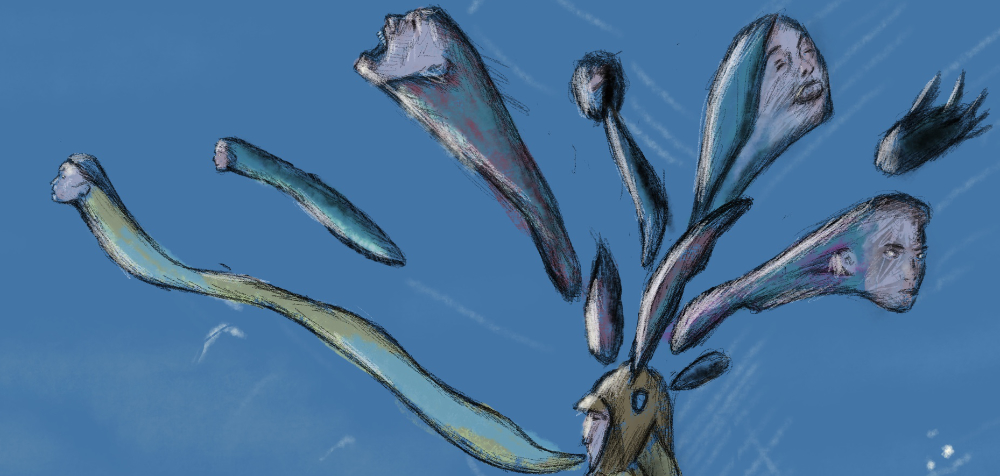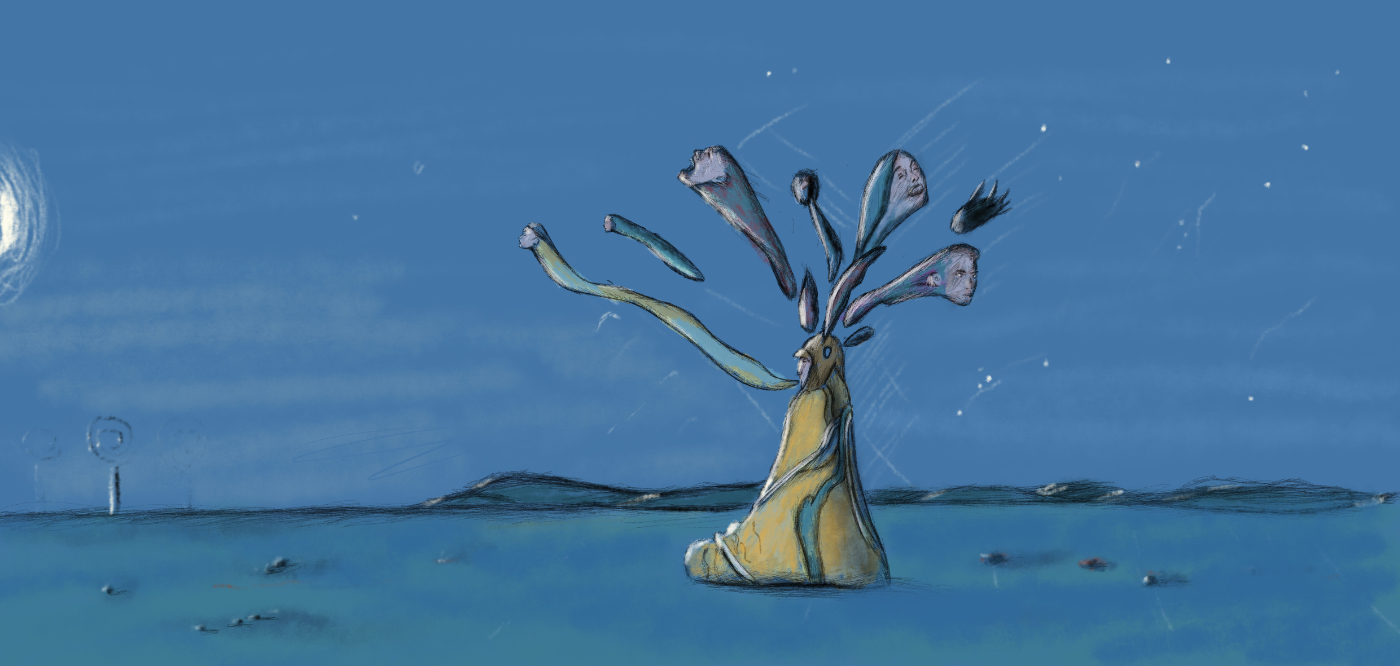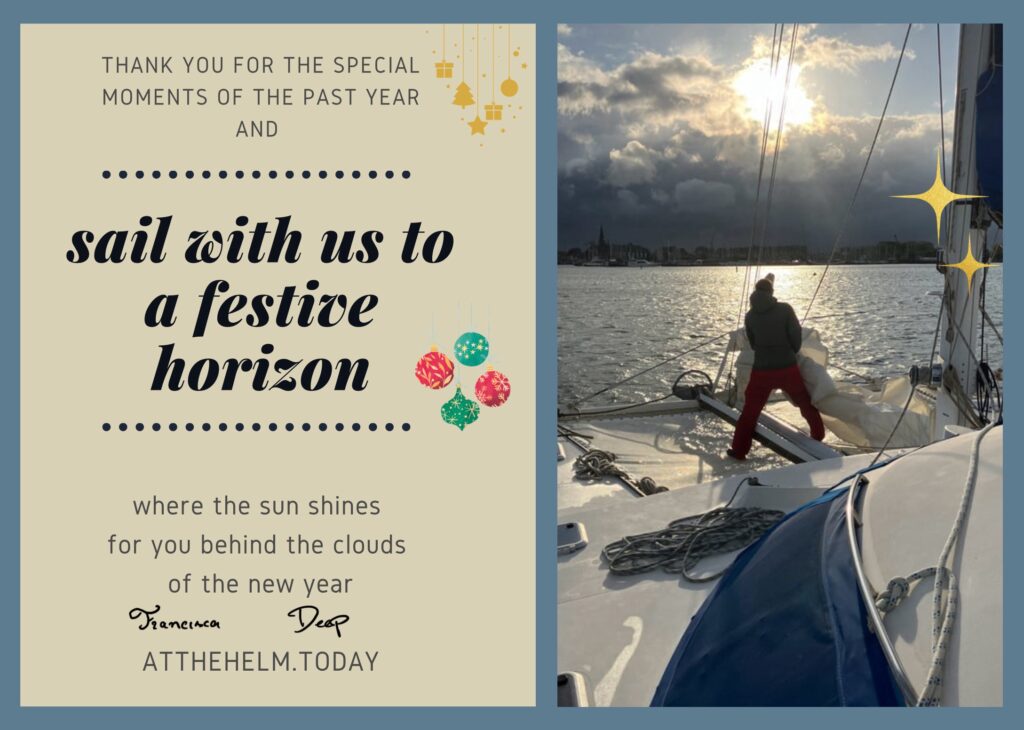In my last blog I described how overwhelming the climate crisis can be. While the politicians at the climate summit in Glasgow are playing political games, you are worried about how we can go on. In this blog I will give you tips on how to prevent the outer climate crisis from becoming an inner climate crisis. Do you want to keep your composure in the climate crisis or other crisis? Three tips.
Grant me the serenity to accept the things I cannot change, the courage to change the things I can and the wisdom to know the difference.
Alcoholics Anonymus
Tip 1: See what you can and cannot change and keep your composure in a crisis
I love the saying of the Alcoholics Anonymous. What does the saying mean? ” Give me the composure to accept what I cannot change. And the courage to change what I can change. Finally, give me the wisdom to see which of the two is in order”.
If you do what is in your power to live environmentally consciously, you can let go of the things you cannot change. By doing so, you no longer allow yourself to be poisoned by the alarming messages that you can’t do anything about. This gives you peace of mind. And it leads to calmness. This leaves you with more energy to do the things you find important in your life.
In mindfulness and Zen we speak of the ” soness” of the moment. Therein lies much power. Because you do not get carried away by thoughts that things should be different than they are. You accept the “simplicity” of each situation. Totally and fully. Including your own feelings of helplessness or sadness about this. And then you see if you can change it.
If you can change it you do something. But what you cannot change you let go of. That’s how you cultivate calmness within yourself. And the great thing is that your brain is neuroplastic. That means it becomes easier and easier to feel calm when you cultivate calm more often. You are, in fact, training your “calm muscle.” Just like you train your abdominal muscles in the gym. Do you want to keep your composure in the climate crisis? If you practice yourself in this daily, it will become easier and easier.
Tip 2: Appreciate the beauty around you and keep your composure in the face of a crisis
Our brain tends to focus on what is bad and ignore what is good. That’s just how our brain is built. Your brain tries to secure your survival in this way. This was very useful in the Stone Age. In those days you lived longer if you were constantly worried about saber-toothed tigers and looked around in fear. After all, imagine if you lost your fear for a second and watched the sunset in admiration…. BAF! That was it… You have become lunch for a saber-toothed tiger.
But this constant fear of saber-toothed tigers does not help us now. On the contrary, it is now making us sick and stressed. In fact, to your brain, all news stories about the climate crisis are saber-toothed tigers. Unfortunately, running away does not help to escape the climate crisis. So unhealthy stress hormones pile up in your body.
That’s why it’s important to train your brain to focus more on the positive and the beauty of things. Fortunately, your brain is built to learn from what you focus your attention on. So walk outside or grab a bike. Go to a place you find beautiful. Maybe a park, a museum or a neighborhood you admire. Give yourself the space to really stop and enjoy the beauty.
This is how you start to appreciate the beauty in your surroundings more. Your brain gets a chance to step out of survival mode. And the result is that you relax and experience more satisfaction. If you appreciate your environment more, you also need less stuff. This in turn will help the climate and your wallet. A nice way to keep your composure in the climate crisis.
Tip 3: Valuing yourself more leads to calm despite a (climate) crisis
We are not taught in today’s world to appreciate ourselves just as we are. We think we must always be better. What we achieve is never enough. This mindset drives you into the trap of your brain’s survival mode: fight, flight, freeze.

Research shows that people who learn to value themselves are less selfish and less narcissistic. When you value yourself you are more effective and successful. Because you are less carried away by doubts and fear of failure.
I invite you to spend a few minutes just with yourself. Close your eyes and reflect on your good qualities. What do you value in yourself? In what things have you achieved success? These don’t have to be grandiose things. It is precisely the ordinary everyday successes that are the most powerful. For example, you learned to walk and ride a bicycle. Those are successes. Maybe you have been kind to someone today. Also a success. Or you cooked a nice meal. Were able to tick off a few items on your to do list. All successes.
You may feel the satisfaction of success resonating in your body. That’s how you make new neural connections. Do you want to keep your composure in the face of climate crisis? Then take the helm of your life and train your brain in calmness.
In this blog I have given 3 practical tips that you can practice daily. So that the outer climate crisis does not become an inner climate crisis. Because that does not help anyone.

Verder lezen:
Sparkling Season Greetings: Warmth, Light and favourable winds in 2024
After a long journey, Yemaya returned safely to the Netherlands Her harbor is now Monnickendam…
Gratitude as a powerful resolution for the year 2022
January is the month of new resolutions. If you are like many people you start…



